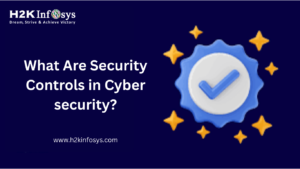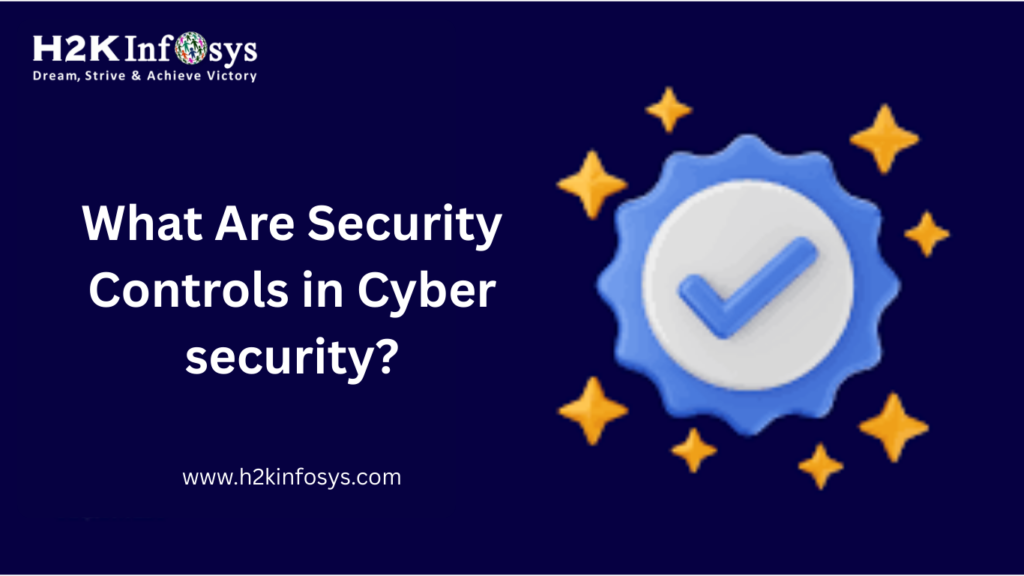Introduction
In today’s hyper-connected world, online scams are everywhere. From phishing emails and fake websites to identity theft and investment fraud, cybercriminals are constantly finding new ways to deceive users. Whether you’re a beginner or aspiring professional, understanding how to detect and avoid scams online is a vital skill. At H2K Infosys, our Cyber security training and placement programs equip learners with the practical knowledge to navigate and stay safe in the digital world.
Introduction to Online Scams
Online scams are fraudulent schemes carried out using the internet. They target individuals, businesses, and even government organizations. The goal is often to steal money, sensitive data, or login credentials. With more people relying on digital services, learning to identify scams has never been more important. The best way to defend yourself is to stay informed and take proactive steps to avoid scams online.
Why You Should Care
- In 2024, online scams cost users over $12 billion globally.
- 1 in 4 Americans report encountering a scam each week.
- Nearly 70% of scam victims didn’t realize it until it was too late.
Types of Online Scams
Here are the most common types of scams you should be aware of. Understanding these is key if you want to avoid scams online:
Phishing
Fraudulent emails or messages pretending to be from trusted sources (banks, tech support, etc.).
Fake E-Commerce Websites
Online stores that appear legitimate but steal payment information or deliver counterfeit products.
Tech Support Scams
Scammers impersonate support agents, convincing users to grant remote access or pay for unnecessary services.
Investment and Cryptocurrency Scams
Fraudulent investment platforms promise high returns or manipulate cryptocurrency trends.
Social Engineering
Manipulating people into revealing confidential information by exploiting trust or urgency.
Romance Scams
Scammers pose as romantic interests to gain trust and request money or personal information.

Real-World Scam Examples
Learning from real-life examples is one of the best ways to avoid scams online.
The Google Docs Phishing Attack
In 2023, millions received a fake Google Docs invite that stole Gmail credentials.
The “IRS” Call Scam
Scammers impersonated the IRS to threaten victims with arrest unless they paid fake tax debts.
These examples show how convincing modern scams can be and why proper training is essential to avoid scams online.
Why Cybersecurity Skills Matter
Avoiding scams is not just about common sense; it requires knowledge. Learning about threat detection, password management, safe browsing practices, and data privacy is crucial. A strong cybersecurity foundation protects both personal and professional digital environments.
Career Benefit
Cybersecurity is a growing field with high demand. Our cyber security training with job placement helps learners enter this in-demand industry and equips them to avoid scams online and professionally.
How to Spot Online Scams
Use these simple checks before trusting any online communication. These techniques help you avoid scams online effectively:
- Check URLs: Look for secure HTTPS sites and check spelling.
- Verify Emails: Legitimate organizations don’t ask for sensitive info via email.
- Don’t Rush: Scammers pressure you to act fast. Take your time.
- Look for Red Flags: Spelling mistakes, generic greetings, and suspicious attachments.
- Research: Search for reviews and official sources before making online payments.
Step-by-Step Guide to Avoiding Scams
Use this guide to improve your safety and avoid scams online:
Step 1: Use Strong Passwords
- Mix uppercase, lowercase, numbers, and symbols.
- Don’t reuse passwords across multiple sites.
Step 2: Enable Two-Factor Authentication (2FA)
- Adds a second layer of protection for accounts.
Step 3: Install Security Software
- Use antivirus and anti-malware tools on all devices.
Step 4: Update Your Devices
- Regularly install updates to fix security vulnerabilities.
Step 5: Avoid Public Wi-Fi for Transactions
- Use VPNs or mobile data for banking and payments.
Step 6: Educate Yourself Continuously
- Stay updated on scam trends through cybersecurity training to avoid scams online more effectively.
Role of Cybersecurity Training
Cybersecurity training equips individuals with hands-on skills in:
- Identifying phishing and malware threats
- Network security protocols
- Risk assessment and incident response
- Compliance with cybersecurity laws
Our cyber security training and placement program offers both theoretical knowledge and real-world practice. From entry-level learners to job-ready professionals, we guide students through industry-relevant content with project-based learning, helping them avoid scams online with practical skills.
Benefits of Training with H2K Infosys
- Live Online Classes with industry experts
- Career Support with cyber security courses with placement
- Hands-On Projects simulating real-world scenarios
- Flexible Schedule and remote access
How H2K Infosys Can Help
Whether you’re new to the field or seeking a career change, our cyber security training courses offer everything you need to succeed and avoid scams online confidently:
- Cyber security online training for remote learners
- Job-oriented Cyber security course and job placement programs
- Access to mentors, mock interviews, and resume preparation
Our cybersecurity training and placement strategy is designed to help learners gain confidence, land interviews, and secure top roles while mastering how to avoid scams online.
Conclusion
Avoiding online scams requires a combination of awareness and technical skill. From recognizing phishing emails to understanding secure browsing habits, staying safe online is possible with the right approach. Through expert guidance and real-world simulations, H2K Infosys empowers learners to take charge of their cybersecurity journey and avoid scams online with confidence.
Key Takeaways
- Online scams are widespread and growing more sophisticated.
- Recognizing scam signs and adopting safe practices can prevent losses.
- Cybersecurity training offers protection and professional growth.
- H2K Infosys provides cyber security training near me and online options with placement support to help you avoid scams online.
Take control of your digital safety and career today. Enroll in H2K Infosys’s cyber security training and placement programs and start building your secure future now.


























